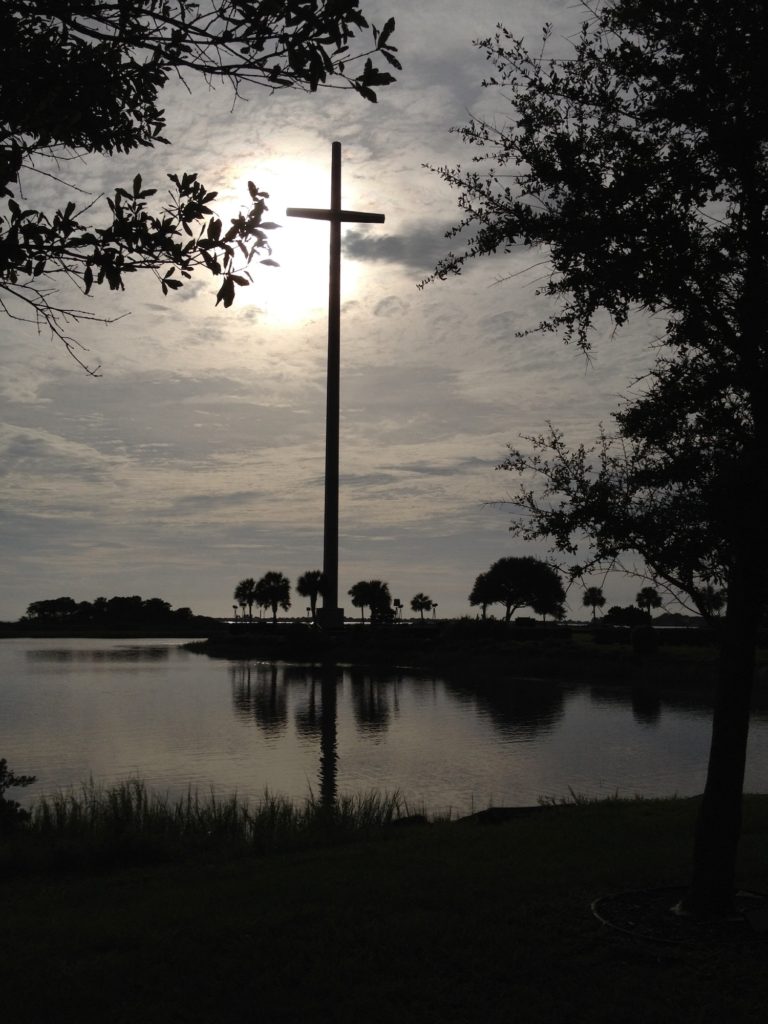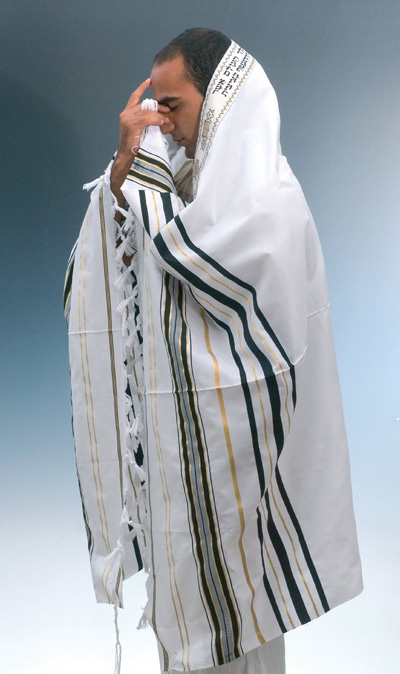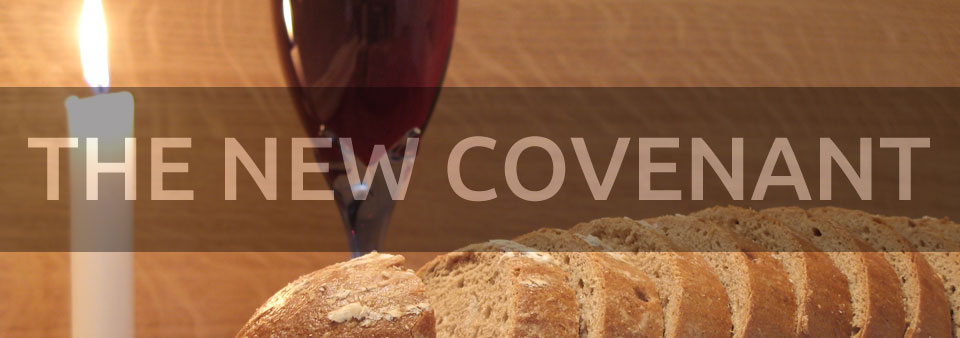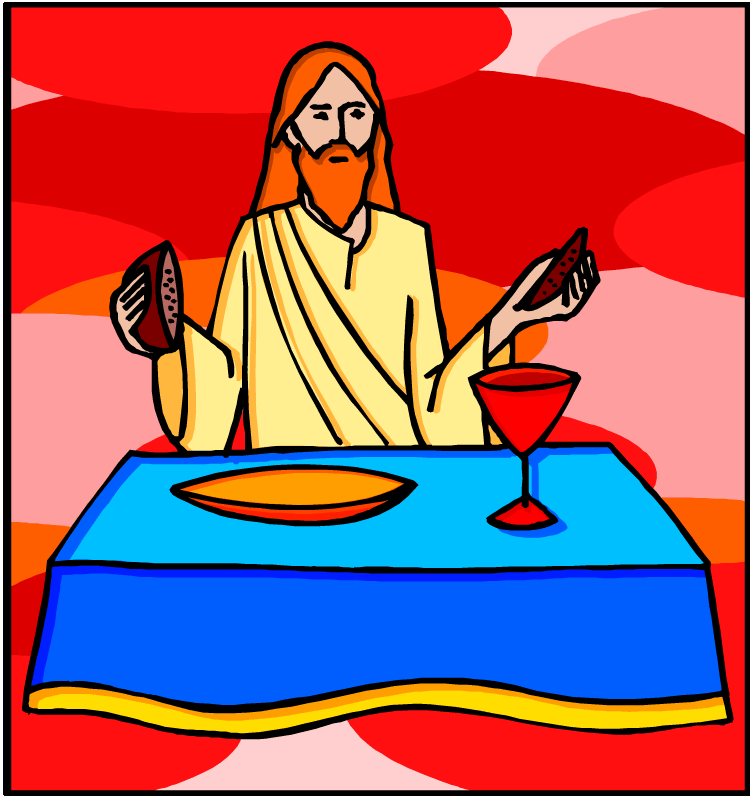
Those of you who follow the comments section of this blog are already very familiar with Carol, who comments under the email sobriquet of JesusAntibodies. She is one of our most prolific commenters, for which we are grateful. She adds life and passion to our blog.
For a long time, many of us have been greatly amused and edified by her biblical witticisms and wordplays. At first I didn’t think too much about it. But the more I read them, the more I realized that many of them are downright brilliant! I believe that her ability to come up with truths and put them into aphorisms is a gift from Elohim. Thank you Carol, and all praise be to our Father in heaven for your giftedness.
It’s time for Carol’s sayings to be shared far and wide for the glory of Elohim and the edification of the body of Yeshua!
Recently I asked her to make a list of her terse sayings. She informed me that she had 40 pages of them! Overwhelmed, I asked her to send me some of her favorite ones to share with the multiple thousands of people who read this blog every week. Below is the first installment.
- When I was smart, it was Him, not me. When I was stupid, it was me, not Him.
- What’s that you said? He’s not coming? No, you’re not going!
- Your heartbeat: that’s Him knocking. Will you let Him in?
- When He closes a door, not even water can get in (think Noah’s ark).
- There’s a reason He didn’t put our eyes on the back of our heads. How would we see over that hump?
- Pray the answer; He already knows your question.
- Well done good and faithful (bond) servant? I’m “AUL” in!
- Genesis 1:1-3/ E=MC2.
- First comes the netzering, then the engagement ring, then the wedding ring.
- Kingredients
- The Word of God changes? EVERYTHING!
- Some people just want the inheritance and not the responsibility that comes with it.
- Adam and Eve’s last name was Gardener. If Yeshua Messiah had a last name it would be Davidson!
- You’re one in a minyan!
- His moedim are His appointed times. Don’t disappoint Him!
- Evening and morning equal one day. He takes us out of the darkness and into the light every day.
- How will we know what love is, if we don’t know Who Love is?
- Solomon said that there’s nothing new under the sun, but O, above the sun is the Son and He makes all things new!
- If you take the “t” (the cross) out of the word “immortal” it becomes immoral.
- It’s not enough to believe in Elohim. You must believe Elohim.







